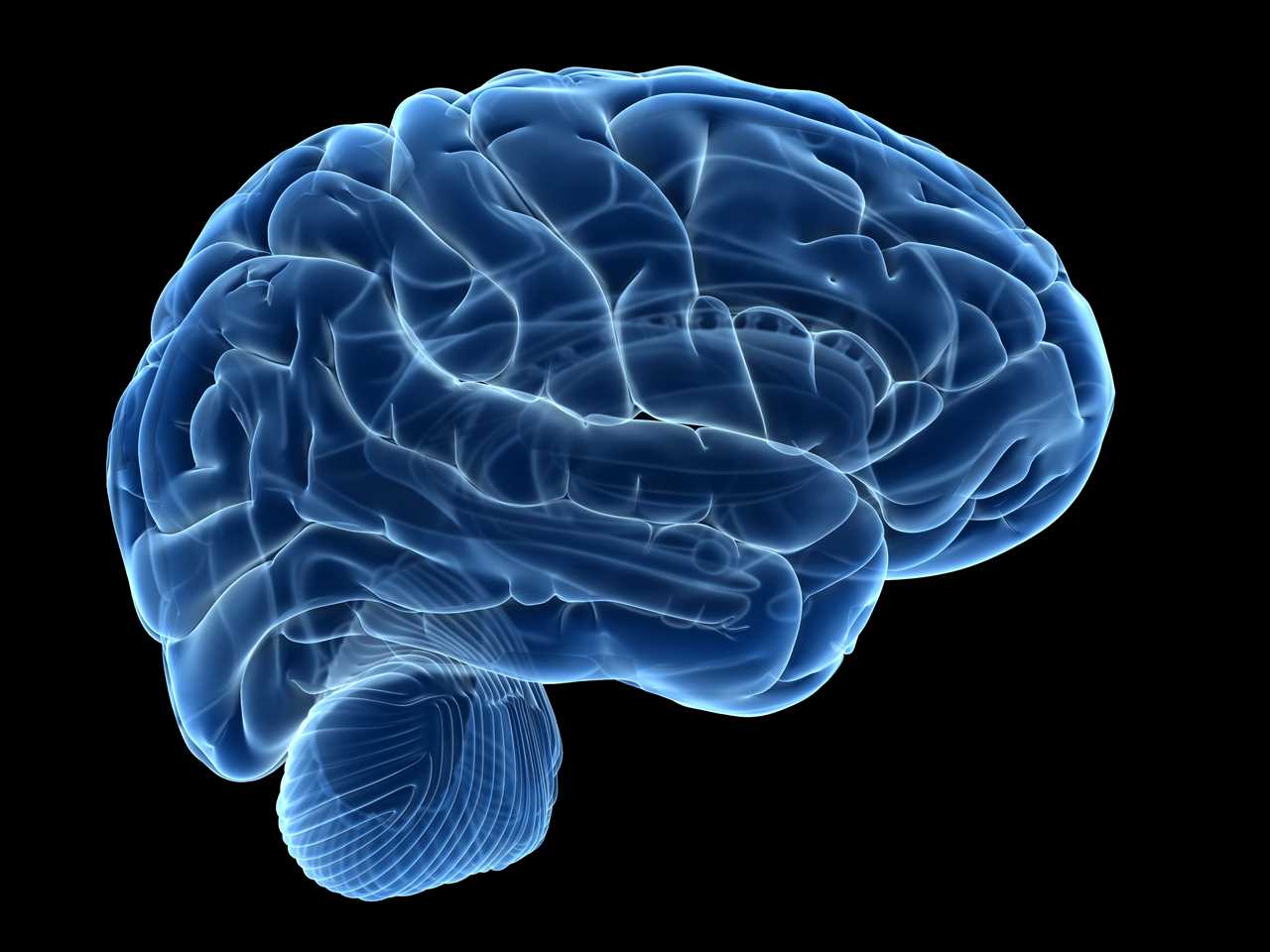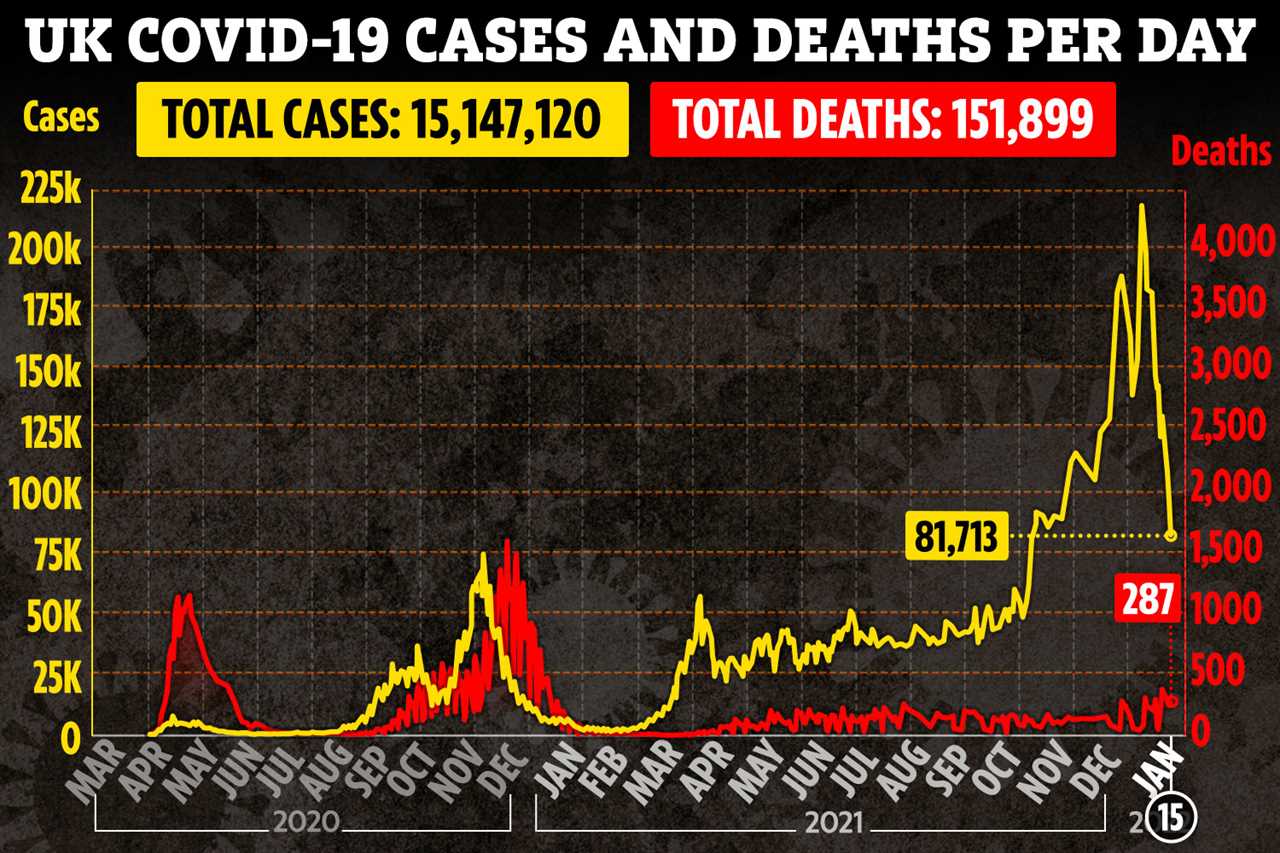COVID is largely thought of as an illness that mostly affects your lungs, with the effect it can have on the brain less known.
But as well as causing obvious physical symptoms, the virus can also spark neurological ones too – and these are the ones that tend to last longer.

In what is traditionally a respiratory illness, medics were surprised when people began complaining of headaches, delirium, brain fog and loss of smell or taste at the start of the pandemic.
And in the more seriously ill, things like strokes and blocked blood vessels in the brain were soon being reported.
A string of hugely positive studies show Omicron IS milder than other strains, with the first official UK report revealing the risk of hospitalisation is 50 to 70 per cent lower than with Delta.
Covid booster jabs protect against Omicron and offer the best chance to get through the pandemic, health officials have repeatedly said.
Trending In The News’s Jabs Army campaign is helping get the vital extra vaccines in Brits’ arms to ward off the need for any new restrictions.
One in five Covid patients could suffer with cerebral vascular events, according to Professor James Goodwin.
He explained in the Telegraph this is because infections send our immune system into overdrive, and in some people who have a huge viral load, it can cause an uncontrolled response.
This is the release of a large amount of inflammatory molecules – known as a cytokine storm – to the infected area.
It mainly affects the lungs, and can spark acute respiratory distress syndrome, failure and sometimes death.
But it’s not only the lungs that are hit by an immune system in overdrive – other organs such as the heart, liver and kidneys can be damaged due to low oxygen, inflammation and blood clotting.
The brain can also be hit by this too, and become injured in the body’s attempt to fight back against the virus.
Prof Goodwin said medics now know that Covid gets into the brain through tightly sealed blood vessels which surround the organ.
Spikes in the virus grab onto receptors, replicate inside them and then move on into the brain.
With the body in panic-mode an inflammation response tries to defeat the virus by breaking down the blood vessels, causing damage which also impacts the immune system.







